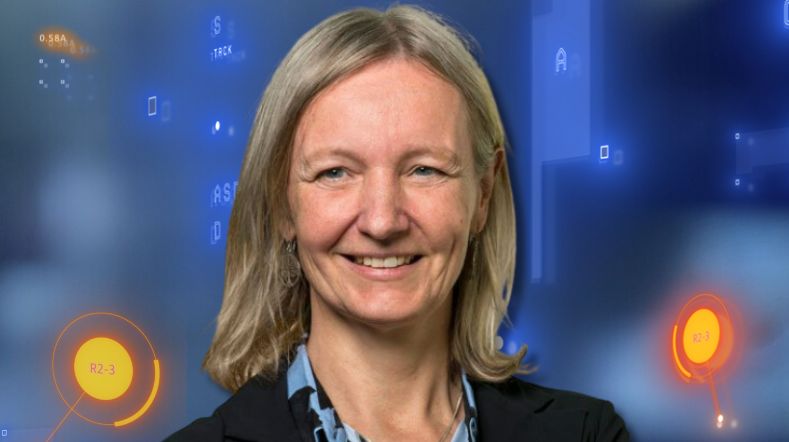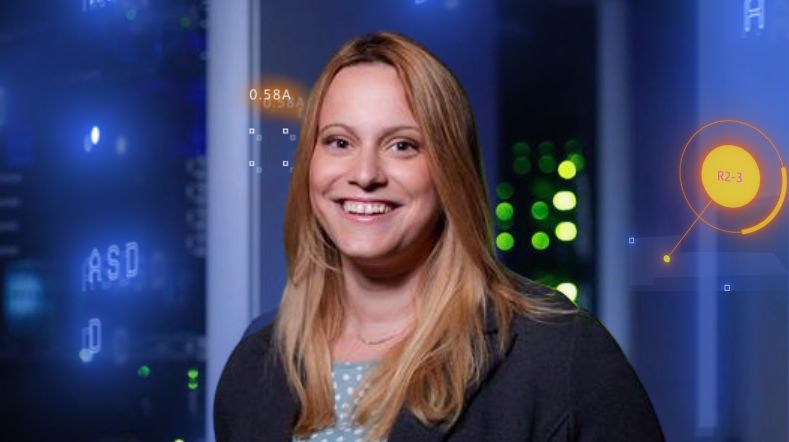The European Data Future: a look at the Finnish approach
In 2019, Finland became the first European country to pass a law on the secondary use of health data. Since then, access to health data for research and policy purposes has increased significantly. Finland is therefore regarded as a pioneer in Europe: the country is all but ready for the European Health Data Space (EHDS). What can we learn from the Finnish example?
Data decentralized storage vs centralized storage
The Dutch and Finnish healthcare systems are very similar. When it comes to dealing with data, however, there are significant differences between them. In the Dutch healthcare system, the emphasis is placed on security and privacy: here, health data are stored decentrally.
Each healthcare provider has access to relevant data only and cannot access data stored elsewhere. Security and privacy are also important in Finland. In contrast to the Netherlands, however, Finland’s health data are managed centrally by the government, in the registries of the Finnish Institute for Health and Welfare (THL) and the Social Insurance Institution of Finland (Kela).
Jaakko Lähteenmäki, Principal Scientist at Finnish research organisation VTT, sees more advantages than disadvantages to the Finnish approach. ‘At critical moments, healthcare professionals can access data faster than in the Netherlands. Researchers and policymakers also have easier access to the datasets they need to do their work.’
Jaakko is well aware that storing such privacy-sensitive data centrally is not without risk. ‘Under the Dutch system, those risks are given greater weight, and there are good arguments for doing that. However, as far as I’m concerned, the disadvantages of central storage are outweighed by the benefits for the healthcare system and centralized control of data also enables highly efficient and secure data management practices to be applied.

"An 'opt-out system' like in Finland that makes health data available for research purposes by default unless you don't want it would be a boon for Dutch researchers, but requires a cultural shift."
Security and trust
Sarah van Drumpt, researcher at TNO, recognises the dilemma: ‘If you store data in a single place, it becomes more difficult to keep them up to date. In addition, there is a greater risk of a single point of failure. We are rightly wary of this in the Netherlands.
For security reasons, in our country it is therefore unacceptable to share and link health data with identifying data elsewhere unless there is a solid legal basis for doing so, often accompanied by administrative efforts.
There is also the fact that the processing of the citizen service number (BSN) is not widely permitted, which makes it difficult to link different data to a single individual. Technologies that provide solutions to this are gaining ground, but secondary data use is not yet as self-evident with us as it is in Finland.’
In Finland, individual health data are indeed widely linked to a unique identification number. Jaakko: ‘In our country, data from healthcare providers are linked to social security numbers. Research has repeatedly shown that Finns have no problem with that. Probably because things have always gone well and the system works, but also because trust in the national government has traditionally been much higher here than in other countries.’
Sarah agrees. ‘You can also see this in the “opt-out system” that is common in Finland. There, health data can be used for research purposes unless you specifically object. Precisely the reverse applies in the Netherlands, where such use is only possible after you have given your consent.’
Although an opt-out system based on the Finnish model would be a boon for Dutch researchers, Sarah feels it would also require a cultural shift. ‘The discussion that took place in our country around donor registration proves that. Eventually, the switch to an opt-out system was made, but not without controversy.’

"VTT, like TNO, is convinced that a 'data-driven' revolution in healthcare is coming. This is going to lead to major changes there."
A growing lead
According to TNO researcher Simon Dalmolen, the Netherlands will eventually move towards the Finnish approach. ‘I just hope that data can be kept at the source, by linking datasets. Opt-out will also become the norm here. As long as we maintain sufficient control and overview for the patient (the right to be forgotten), that is. No matter how big the switch required.
New technologies will be essential in this process. Thanks to some recent breakthrough innovations, it is now possible to make health data accessible, for both primary and secondary use, without compromising on security or privacy.
Over the past few years, we have seen a massive acceleration in this field. The European Health Data Space (EHDS) will contribute to this, as long as it is set up properly. We really are on the cusp of major changes in our healthcare system.’
Jaakko shares this prediction. ‘Scientists like us are normally cautious about making such statements, but now we are sticking our necks out: VTT, like TNO, is convinced that a “data-driven” revolution in healthcare is coming. You can see that these new technologies are being tentatively introduced into the healthcare system. They really are going to lead to major changes in the years ahead.’
Simon: ‘Here too, it is clear that Finland is leading the way. They are all but ready for the EHDS. And that’s good news for Finnish healthcare providers, researchers and patients. The Netherlands still has a bit more work to do, but we too can make our healthcare system significantly better, more affordable, more accessible and more personal in the years to come. To do so, however, we will need to take action. The
Dutch healthcare system will have to adapt quickly to the EHDS over the coming period and focus on new technology and governance structures. The best way to do this is by seeking opportunities for collaboration, as in the case of the Secur-e-Health project, for example. TNO is ready to help.’
Privacy-sensitive health data are normally kept in well-protected datasets. Often, this prevents these date from being used for medical, research and data-analysis purposes. The Secur-e-Health project, in which TNO and VTT are collaborating, aims to integrate new approaches to digital ID technology and privacy-preserving analysis techniques into the healthcare system infrastructure.
Secur-e-Health enables medical institutions to securely analyse data together and share insights, without violating individuals’ privacy. When they are able to do this, it directly impacts the quality of predictive medical models, the efficiency of data-driven treatments and the speed of clinical research.
Our latest developments
Digitalisation and sustainability: how AI can help


Time setter story: Kallol Das


Digital Product Passport


Time setter story: Annemieke Kips


Time setter story: Belma Turkovic




